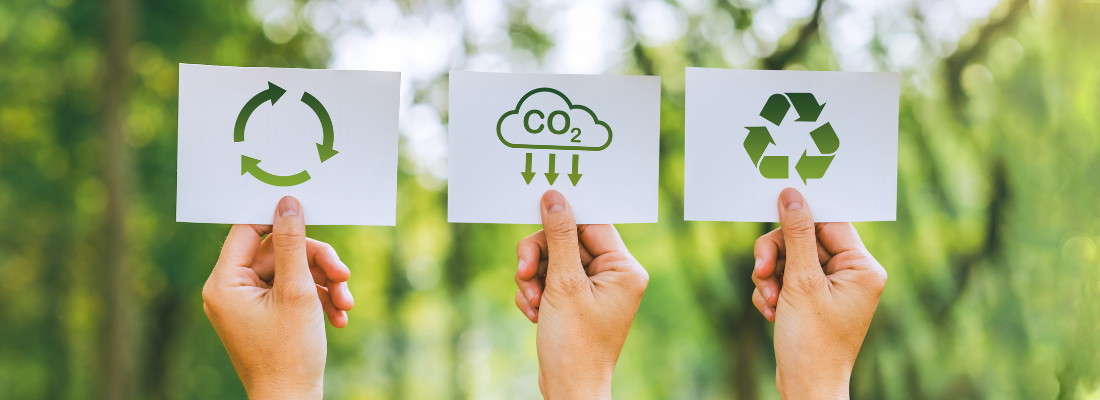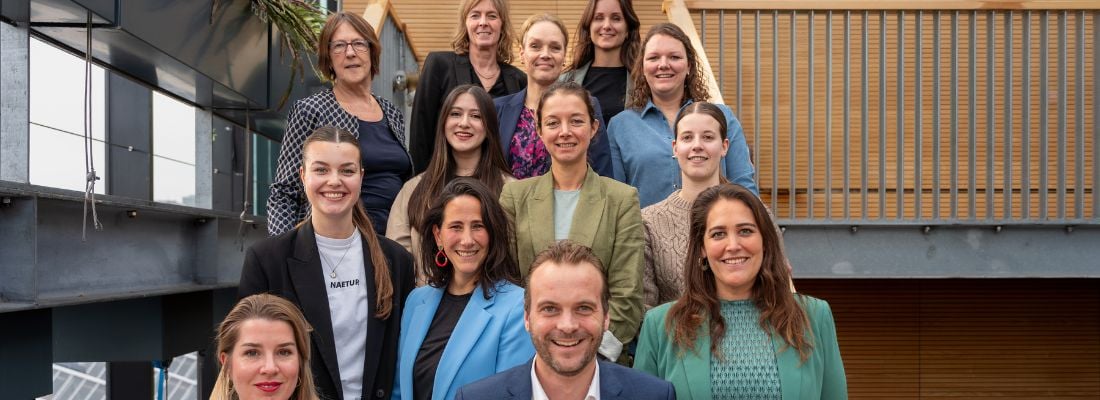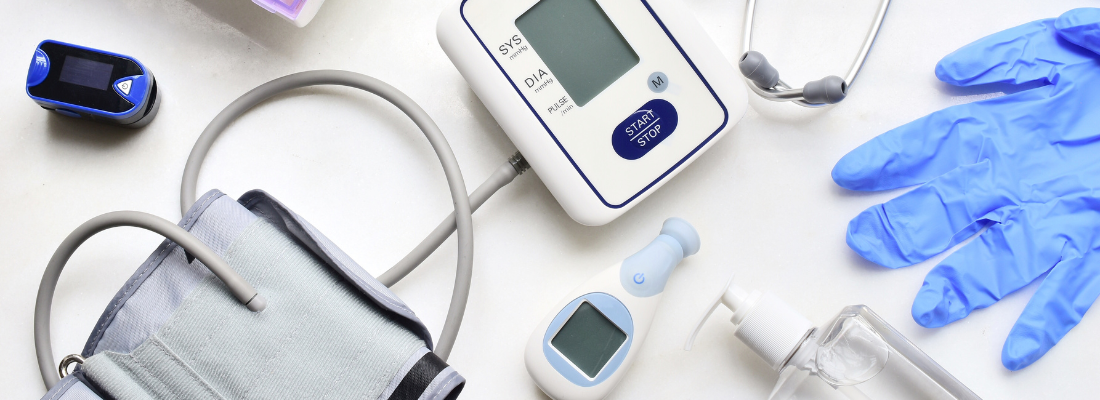Insights from A.I.S.E.’s advocacy for effective regulation
The cleaning and detergents products industry operates within a complex regulatory landscape, particularly as the European Green Deal accelerates the push towards sustainability. A.I.S.E., the European Detergents & Maintenance Products Association, plays an important role in ensuring these policies balance environmental ambitions with the practical realities of the industry. In an interview with Alexis van Maercke and Ville-Waltteri Virtanen from A.I.S.E., we explored how the organisation advocates for effective legislation, supports innovation and prioritises user safety.
Advocating for sustainable and industry-friendly regulations
Alexis, A.I.S.E.’s Director General, stresses the need for proportional legislation: "We support the European Green Deal’s objectives, but it’s essential that regulations are implementable. This ensures businesses, especially small and medium sized, can continue to innovate and contribute to a carbon-neutral and circular economy. SMEs are the backbone of European industry."
Sustainability and industry growth are not mutually exclusive, a point Alexis is keen to emphasise: "Our industry has a long tradition of voluntary initiatives that often exceed regulatory requirements. These initiatives, such as our Charter for Sustainable Cleaning, enable us to align with environmental objectives while fostering innovation and competitiveness."
The impact of legislative revisions on innovation
?Innovation lies at the heart of the detergents products industry, driving the development of more sustainable and effective products. However, overly prescriptive or poorly designed regulations can hinder this progress. Alexis pointed to specific challenges, such as the proposed digital product passport: "We support the idea of a digital product passport, but it should apply at the model level rather than the batch level. Requiring updates for every batch would create significant administrative burdens, especially for SMEs."
Ingredient restrictions are another concern. Alexis explained: "When reducing the use of essential ingredients like enzymes or phosphate compounds, it’s crucial to assess the broader implications. These ingredients are vital for innovation, and restricting them could lead to unintended consequences, such as increased packaging or higher CO2 emissions, meaning a higher carbon footprint for a product."
Ensuring fairness for all businesses
A.I.S.E. is deeply committed to maintaining a level playing field across the EU, ensuring that companies of all sizes can succeed. Ville explained: "Our membership includes both multinational corporations and over 600 SMEs. It’s critical that regulations do not disproportionately impact smaller companies, which often lack the resources of larger players to adapt quickly to new requirements."
Alexis also highlighted the importance of a strong Single Market: "A well-functioning Single Market is fundamental. If SMEs in one country face different rules or barriers when exporting to another, it undermines their ability to compete and contradicts the EU’s principles of free movement of goods and services."
The role of science in shaping effective policy
Robust scientific evidence underpins A.I.S.E.’s advocacy efforts. Alexis stressed the importance of this approach: "Legislation must be grounded in science to avoid unintended consequences. For example, the Detergents Regulation sets thresholds for phosphorus compounds based on evidence showing that detergents contribute just 1% to phosphorus emissions. Changing these thresholds without scientific evidence could lead to diluted products, increased packaging, and higher overall environmental impact."
This science-first approach ensures regulations achieve their intended environmental goals while maintaining product performance and fostering innovation.
Prioritising user’s safety
The safety of the user, whether that is a consumer or a professional user, and availability of effective products are central to A.I.S.E.’s mission - it’s important to ensure that regulatory changes do not compromise availability. Ville highlighted the organisation’s proactive measures in this area: "We’ve developed safe use icons, such as the globally recognised ‘Keep out of reach of children’ pictogram, to enhance safety. We also advocate for simpler, more visual labels, complemented by online resources like www.cleanright.eu to help guide consumers towards using products safely and sustainably."
Navigating the path to implementation
Implementing revised regulations is a complex process requiring collaboration across stakeholders. Alexis outlined A.I.S.E.’s approach: "We actively engage with the European Commission, Parliament, Member States, and other stakeholders throughout the legislative process. Our role is to provide expertise and ensure that our members are prepared for the transition."
While some regulations, such as those on the classification and labelling of packaging for substances, are recently revised, others, such as the Detergents Regulation, are currently under review. A.I.S.E. emphasised the importance of supporting its members through these legislative revisions, to enable the whole industry to adapt to new requirements, ensuring a smooth transition and continued availability of products essential for cleanliness and hygiene.
Read more about A.I.S.E.’s work on www.aise.eu and LinkedIn.








